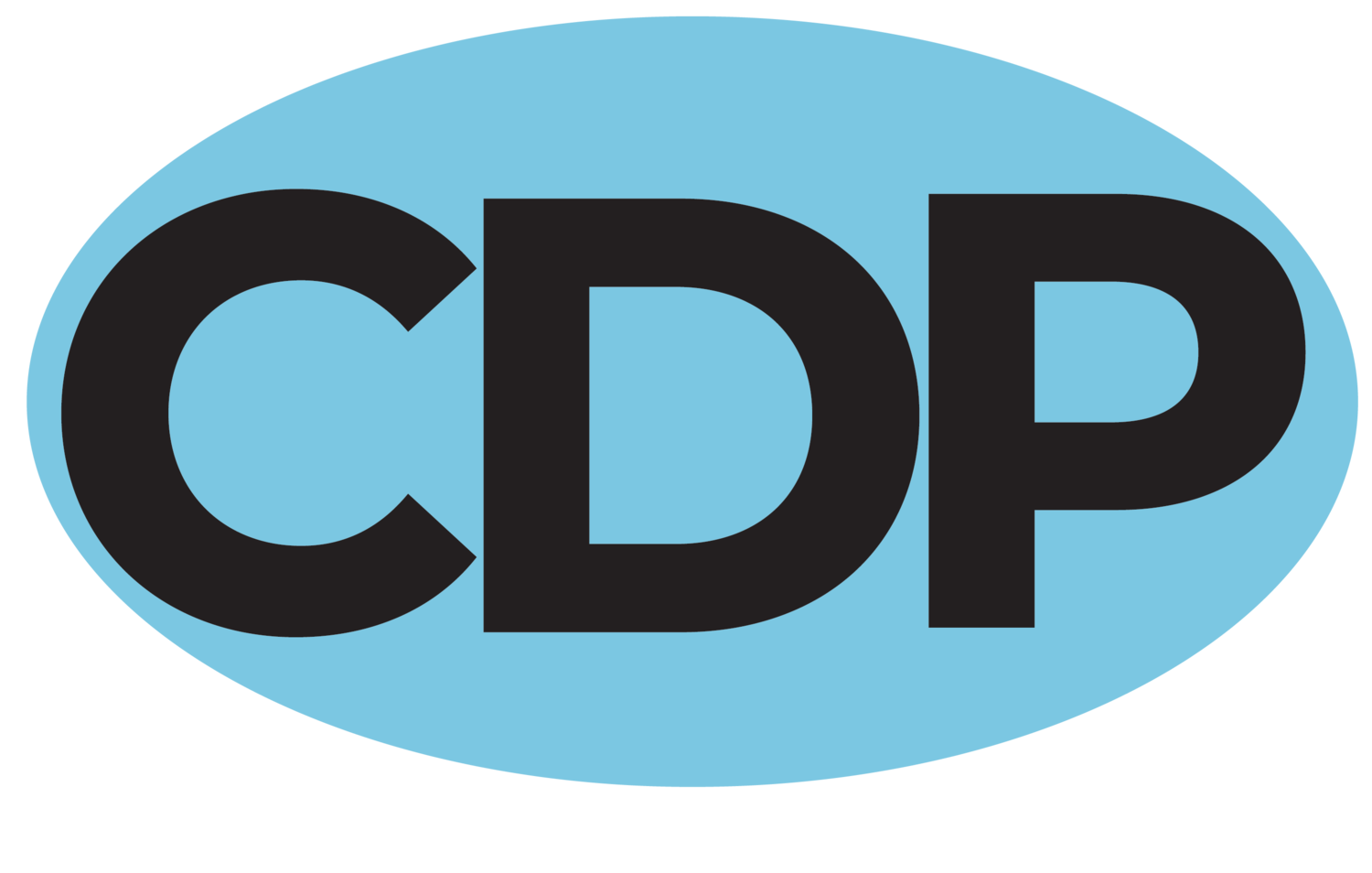Excerpts Series: Navigating Workplace Politics
As we talk through this particular subject on Navigating Workplace Politics, the theme revolves around three things:
Personalities — we do a whole personalities training as well as a training on Difficult Personalities and today we will touch on some of those as they relate to this particular subject matter. When we talk about Navigating Workplace Politics we have to talk about how people are wired and personalities are critical to that conversation.
We’re also gonna talk about Core Values and what that means. Each of us have individual core values and as organizations we have cultural/organizational core values. Both of those components — personality and core values — play into this overall view. How do we manage workplace politics in light of personality, core values and the politics within the culture? We’ll talk about this today.
Workplace Politics require us to consider personalities, core values and the Pursuit of Prestige, Power and/or Influence. We’ll talk more specifically about the pursuit of prestige, power and influence and what it really means, but when we think about the key points relative to this subject, all three of these components work together in the culture of workplace politics.
Personalities are hard-wired.
Another thing to remember as we talk about personalities is that they are hard-wired. I didn’t get to choose my personality and you didn’t get to choose yours. Sometimes we will hear an opinion or thought that we feel is politically motivated but perhaps is not. Maybe it’s just an activity or an expression out of someone’s base personality. One of the things we have to consider before we jump to the conclusion that someone’s on a political bandwagon is thinking about their personality and how that plays into their comment. Personalities are hardwired. In today’s training we walk briefly through some definitions around personalities because this really impacts how we view politics in the workplace.
Core values are chosen.
The next key point to remember is that core values are something that we choose. I have my personal core values and we have organizational core values here at CDP. The same would hold true for your organization. Sometimes in nonprofit work we haven’t gone through the exercise of actually defining core values. Maybe one of the things that you can walk away with today is the decision to define those for your organization.
We need to recognize that core values are something we choose. They are our ethics or standards and we act out of those beliefs. Defining those for ourselves personally and defining them for our organization are important, but core values are chosen. Personalities are hardwired, but core values are chosen.
Most behavior is reactive, not intentional.
We need to remember that most behavior in the workplace is reactive, not intentional. If we can use that as our default it will help us determine how we respond to things that happen in the work environment. Maybe were quick to rush to the judgment that someone is politically charged when they’re not. We want make sure that we at least filter all behavior through this principle — that most behavior is reactive not intentional. We will talk more about that as we go through this time together.
Behavior is usually reflective of personality and core values.
Those two things together are usually how we behave. It’s true about us personally and it’s true about those that were interacting with. This is another key point to remember as we reflect on this idea of workplace politics — usually behavior is coming out of a place of our personality combined with our values.
Not all behavior is politically motivated.
There are those who might be in a government position or in a nonprofit that has a little more work in the political field, perhaps advocacy work. These types of positions definitely have a more political feel. Yet especially in these areas, we need to recognize that not all behavior is politically motivated. We definitely need to be able to recognize when it is, but we also shouldn’t always jump to that conclusion. This is really important in the context of looking at workplace politics.
Know your politics (how motivated are you to pursue power, prestige, status and/or influence).
We also need to understand our own politics. This is not something that we often reflective on, but we need to know our own politics and how we are motivated. In this training, we’re going to talk a little bit about how we are defining politics but we need to recognize this for ourselves. How motivated are we to pursuing power, prestige, status and/or influence? We’re going to explore that during the session together.


